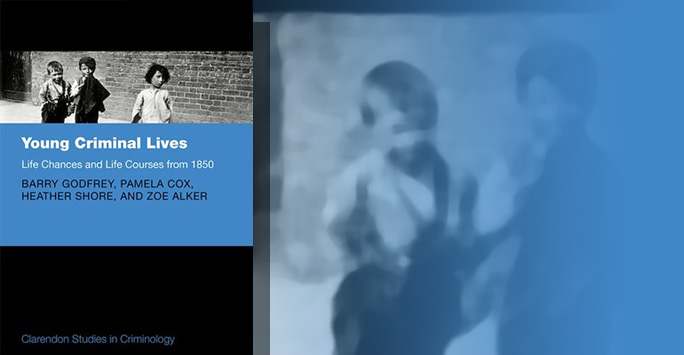Closing justice gaps: Improving the effectiveness of and confidence in out of Court Disposals
Professor Barry Godfrey's research interests include longitudinal studies of crime and sentencing; how engagement with the criminal justice system impacts on desistence from crime; and how the criminal justice system can be improved to bring greater levels of justice to victims and offenders.
The challenge
The criminal justice system comprises a range of different institutions and forces which do not provide justice for all victims of crime and does not help offenders to lead successful lives following interaction with the system. How can some of these justice gaps be closed, or at least reduced? Professor Godfrey has analysed out-of-court-disposals (OOCD) (pre-conviction routes away from formal prosecution) to see if they can produce better outcomes for victims and offenders.
Research action
Professor Godfrey’s research found that the long-term effects of prosecution and imprisonment on offender’s lives were that:
- Prosecution and conviction in court prolongs criminal careers and increases chances of re-offending; repeated appearances in court increase the likelihood of custodial sentences being imposed; criminalisation increases stigma, reduces employment opportunities, and cuts across processes of relationship formation.
- Conversely, diverting people away from formal prosecution (using OOCD such as penalty notices for disorder, conditional cautions, conditional cautions, and so on); diverting people at an early stage in criminal proceedings (referral orders); or sentencing to non-custodial sentences (probation/other community-based disposals), increase the likelihood that ‘offenders’ continue their normal lives (retaining community ties, employment, and familial relationships) and therefore are less likely to reoffend.
- A large project on Victims of Crime funded by ESRC confirmed that the avoidance of formal prosecution in court resulted in higher satisfaction levels for victims of crime.
Taken together, Godfrey’s research has demonstrated that OOCD and community penalties deliver better outcomes for many offenders and victims than conviction in court; they reduce burden on the courts; and they can reduce the prison population.
Working in partnerships
In 2014-15, the Magistrates Association funded research which demonstrated that OOCD ensured that the courts were not over-burdened with cases. Supported by external funding from Leverhulme Trust, Godfrey’s research proved that divergence schemes were particularly effective in reducing re-offending in young people. The research used longitudinal life-course data to show that processes of divergence - diverting children from the courts and providing education/training - was effective.
Outputs and outcomes
Godfrey’s research has been used to develop a system of oversight (Scrutiny Panels, comprised of CPS, magistrates and police officers), originally for Cheshire, and then nationally, to improve sentencers' and victims' confidence in the OOCD system. The police use the Scrutiny Panels to improve police practices in the application of OOCD (including Covid19 penalty notices); and his research is now being used to train police officers in Cheshire and Cumbria.
Related publication

Barry Godfrey, Pamela Cox, Heather Shore, and Zoe Alker - Young Criminal Lives: Life Courses and Life Chances from 1850
(Oxford University Press, Oxford Dec 2017).